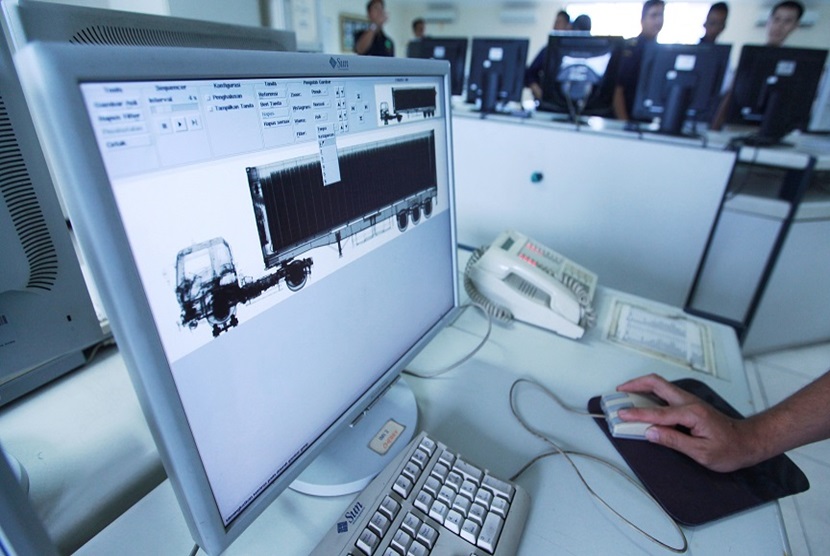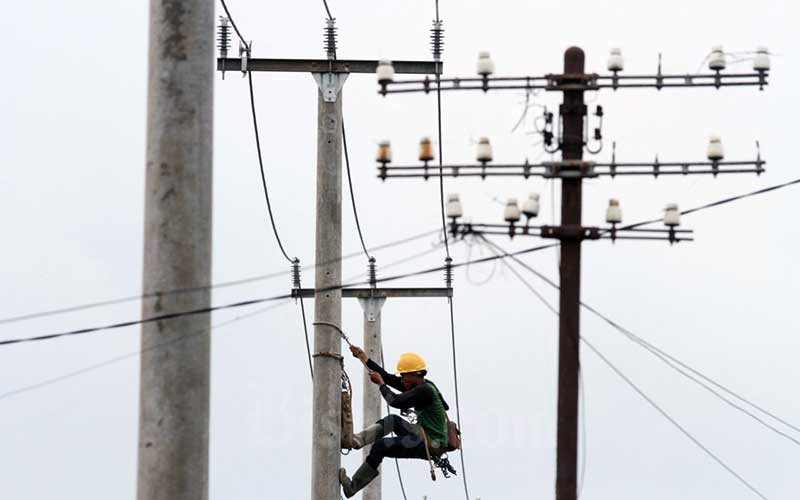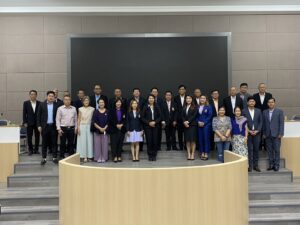[ad_1]
…as he receives “Legacy Award” from AFUWI in NYC
As the Caribbean continues to push for full reparative justice, the University of the West Indies (UWI) has been charged to lead the Region’s fight through the “academic firepower” that the educational institution produces.

This is according to Guyana’s President, Dr Irfaan Ali at the 27th Annual Awards Gala of the American Foundation for the University of the West Indies (AFUWI) held in New York City Thursday evening. During the event, the Guyanese Leader was presented with the AFUWI’s Legacy Award Class of 2024 for his “leadership and vision” not only in Guyana but the Region as well.
During his acceptance speech, President Ali underscored the importance of regional integration and one of the areas that the Caribbean nations have in common is the shared history of colonisation, which, he said, has and continues to cost the Region enormously.
The Head of State lauded the efforts of the University of the West Indies, led by Professor Sir Hilary Beckles – its Vice Chancellor, in seeking reparative justice for the Region. Vice Chancellor Beckles, who handed over the award to President Ali on Thursday evening, is highly regarded for his dedication to the reparatory justice conversation. He is currently the Chairman of the Caribbean Community (Caricom) Commission on Reparation and Social Justice as well as a United Nations committee official.
Ali expressed appreciation for the work done by Professor Beckles and his team, which has led to apologies from colonisers. In the same breath, however, the Guyanese President contended that apologies should have come naturally and the Region must now focus on getting full reparative justice.
This fight, according to the Guyanese Leader, must be led by the UWI and its scholars, not outside consultants.
“It is the University of West Indies that must lead us. We must show that we have the indigenous academic firepower to battle this and win this for ourselves. We cannot pay or rely on external consultants to do this for us. We have to invest in this for us and for our region,” President Ali asserted.
Only last month, Vice Chancellor Beckles, during an address at the United Nations General Assembly, lobbied for the organisation to support reparatory justice for not only historical crimes but also to secure a level playing field in the Region for the future.
He was at the time speaking at the UNGA’s commemoration of the International Day of Remembrance of the Victims of Slavery and Transatlantic Slave Trade, where he pointed out that the Caribbean is one of the few places in the world that still has colonies.
“Many of the islands of the Caribbean are still colonies. Britain has colonies, France has colonies, and the Dutch have colonies. Why do we have colonies remaining at this time in our history? I urge the United Nations, therefore, as part of its reparatory justice programme, to recommit to the agenda of decolonisation so that this crime against humanity, which began in the Caribbean, can finally come to an end with the ending of colonisation.
“The payment of moral and development reparations for the crimes against African people will, at the very beginning, represent the formation of a new and more equitable global order that will represent a break from historical backwardness and lay the future for the dawn of a dignified dispensation for all of humanity,” he was quoted as saying in a Barbados Today article.
Guyana has been and continues to support the call for reparations – something which President Ali has been pushing on international stages, including during interviews with leading global news agencies.
Only recently, Tourism, Industry and Commerce Minister Oneidge Walrond led a Guyanese delegation at the Third Session of the Permanent Forum on People of African Descent in Geneva, Switzerland. While there, she informed the Forum that Guyana was fully committed to Caricom’s demand of reparations for the descendants of enslaved Africans.
According to the Minister, “Consequently, we have established a national reparations committee within the framework of a 10-point plan agreed upon by the Caribbean Community. We in Guyana provide financial support to this committee and are proud to have facilitated the presence of its Chair at this session.”
Last September, the Guyana Reparations Committee, in collaboration with the University of Guyana, organised a formal apology from descendants of slave owner John Gladstone – who had enslaved over 2500 persons during tumultuous times here.
UG said the apology it helped negotiate with the Gladstone heirs for Guyana includes slavery and indentureship since their particular ancestor was integrally involved in both.
However, one day before that event, President Ali had called for the apology to include compensation and reparative justice. While he welcomed the Gladstone heirs’ apology, which he said is the first step in the process of reparative justice, the Guyanese Leader said it was an acknowledgement of the cruel nature of African enslavement and indentureship in Guyana, as well as an act of contrition that paves the way for justice.
“The apology offered by the descendants of John Gladstone underscores their willingness to confront their family’s dark past and to acknowledge the immense pain, suffering and indignities inflicted upon innocent persons through their family’s actions… I, therefore, propose that the intended apology include issues of compensation, reparative justice, and those involved to be posthumously charged for crimes against humanity,” the Head of State posted last year.
Based on historical records, John Gladstone was an absentee owner of plantations in Jamaica and Guyana, building on his wealth earned from the mercantile trade in India, the United States, and the West Indies.
After the British seizure of the colonies that became Guyana in 1803, John Gladstone began to invest in them. His interests and acquisitions included at one time the plantations at Belmonte, Coverden, Hampton Court, Industry, Met-en-Meer-Zorg, Success, Vreed-en-Hoop, Vreedenstein and Wales.
Anticipating a collapse in African field labour after the end of the apprenticeship period, Gladstone, along with other planters, helped to pioneer the use of Indian indentured labour in British Guiana, introducing a new form of servitude to the colony. (G8)
Read More Interesting Content
[ad_2]
RPT





